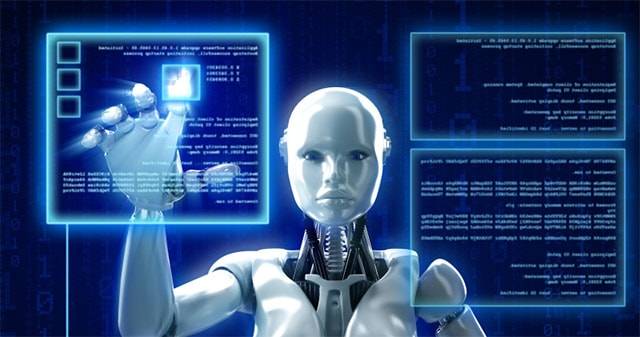7 Technologies That Will Encourage Healthcare
Technology has already started making its mark in the health sector and it will become a very important part in healthcare. According to a research carried out by the University of Chicago, there will be a 21% increase in IT jobs in the health sector by the year 2020. This is not surprising considering that technology is already playing a very significant role as far as health is concerned. A lot has already been done and it is hard to imagine how things will be by the year 2020.
Here are some technologies that are going to encourage healthcare greatly.
- Artificial Intelligence– Artificial Intelligence is expected to play a very major role in healthcare in the near future. There are plans to use artificial intelligence to assist medical practitioners to use and apply their medical knowledge since the AI systems have thoroughly memorized it and analyzed it. The systems can therefore provide excellent medical solutions. They have the potential to aid medical researchers and physicians with quality clinical information that is stored in the electronic health records as soon as it is needed. AI will also aid in the diagnosis of chronic diseases.
- Liquid Biopsy– Liquid Biopsy has the potential to monitor tumors without invading them. The technology in reality is extracting cancer cells from any blood sample. It could change the way in which cancer treatment is handled and make it non-invasive. Repeated biopsies are required to study a changing tumor and this can be very challenging for the patient. With liquid biopsy, it will be quite easy to monitor the tumor without posing such a huge challenge to the patient. It has also proven to be very effective, far more effective than a CT scan.
- 3D Printing– Due to its ability to be customized, 3D printing technology has the capability to make enormous changes in healthcare. Medical expenses and surgery times can greatly be reduced through customization. According to the world news, the greatest usages of this technology are medical devices such as hearing aids and dental implants and 3D-printed scaffolds or prosthetics. The real effect will be felt in human tissue printing which can even lead to the fabrication of large body organs and tissues.
- Immunotherapy– Immunotherapy focuses on the capabilities of the immune system as far as tumors are concerned and promises to change the way cancer care is handled. This will benefit a lot of patients and increase the rate of survival. Immunotherapy promises a variety of applications to a wide range of patients. For instance, there are very limited treatment options for malignant melanoma and most of its medical needs are unmet. Immunotherapy can offer new options for its treatment and reduce the many deaths caused by malignant melanoma annually.
- CRISPR/Cas9– CRISPR/Cas9 is a gene editing technique that can accurately make modifications to DNA with reliability, accuracy and cost effectiveness. It promises to revolutionize the way R&D is conducted.
- The technology is currently being used by companies to develop therapeutics. Medicine research tools have also been produced from this technology and it is expected to expand its applications by the year 2020. The technology is also being applied in the plant and animal sector where it has had a lot of success.
- Wearables– It is no surprise to hear that wearable gadgets are going to play a very big role in healthcare in the years to come because they are already doing that. The wearable gadgets design has been making huge steps in the form of smart watches and fitness trackers and many other forms. Wearables are already being used where doctors are far out of reach or for patients who need to be closely monitored. For instance, wearables are being used to find certain characteristics of Parkinson’s disease after the Michael J. Fox Foundation teamed up with Intel. This will improve the quality of Healthcare and make it more personalized.
- Digital diagnostics– Digital diagnostics will make healthcare more accessible especially for those people who cannot get to a hospital or any form of doctor assistance. Although it is already available for those who need it, digital diagnostics has the ability to grow and by 2020 it will have spread to cater for most of the patient’s needs.
- Neurotrack is a very remarkable example of digital diagnostics. It is a software based Alzheimer’s diagnostic that has the ability to detect impairments on the hippo-campus by evaluating eye movement.
The role of technology in healthcare cannot be ignored. Technology has become of great significance and this seems to be the beginning of something greater to come. Healthcare is now being taken with the seriousness it deserves. Incorporating technology into healthcare is a big part of this revolution. By 2020 a lot will have changed in the healthcare sector if the current trend continues.

